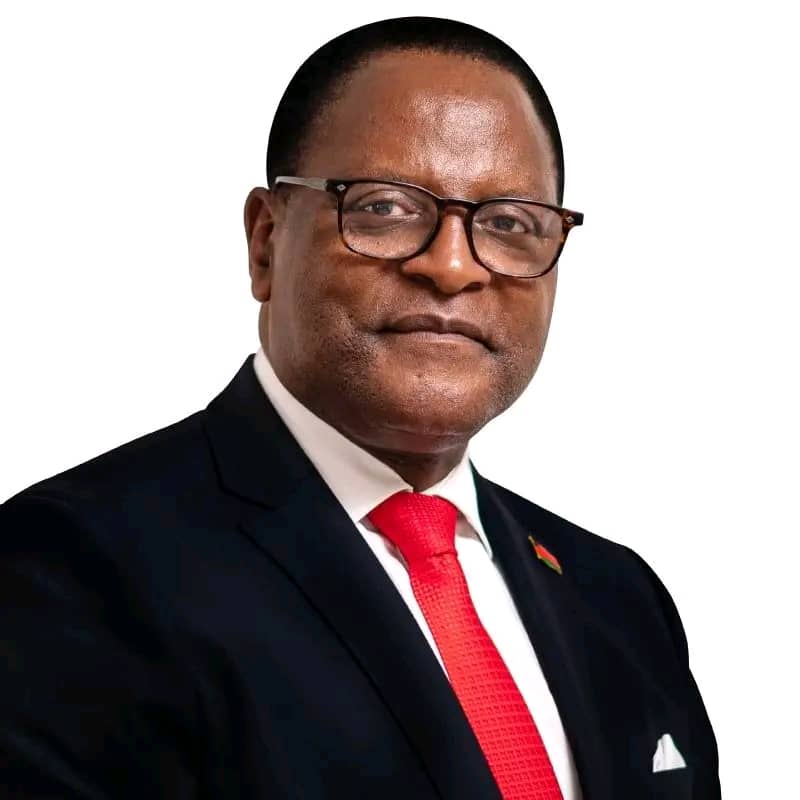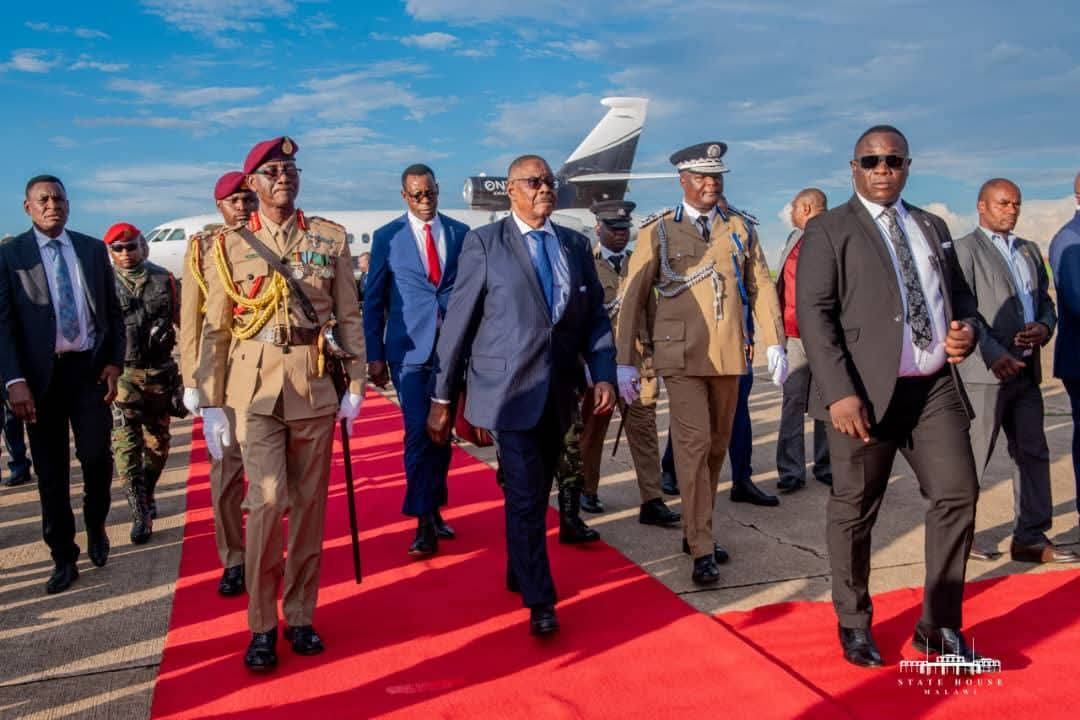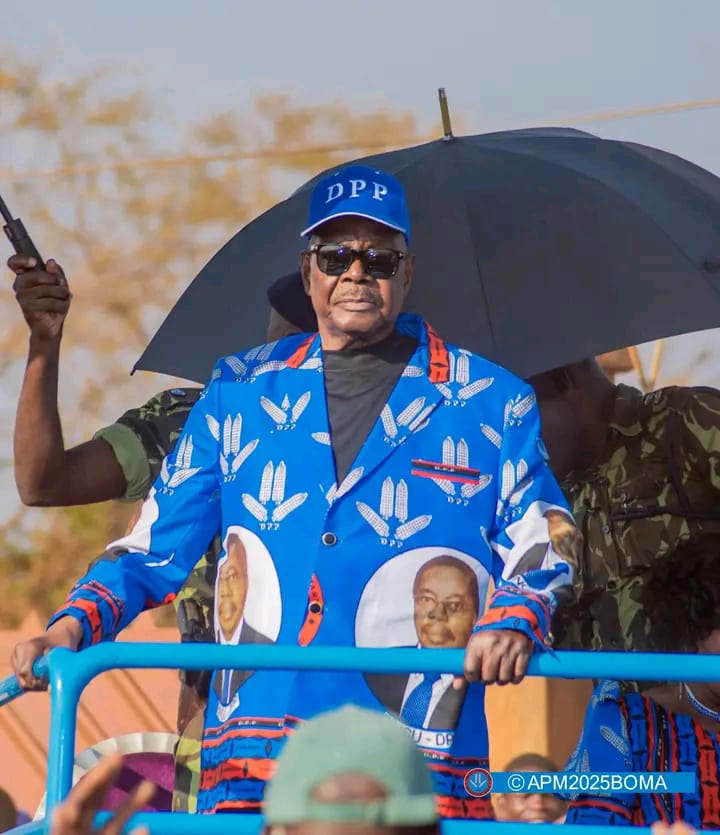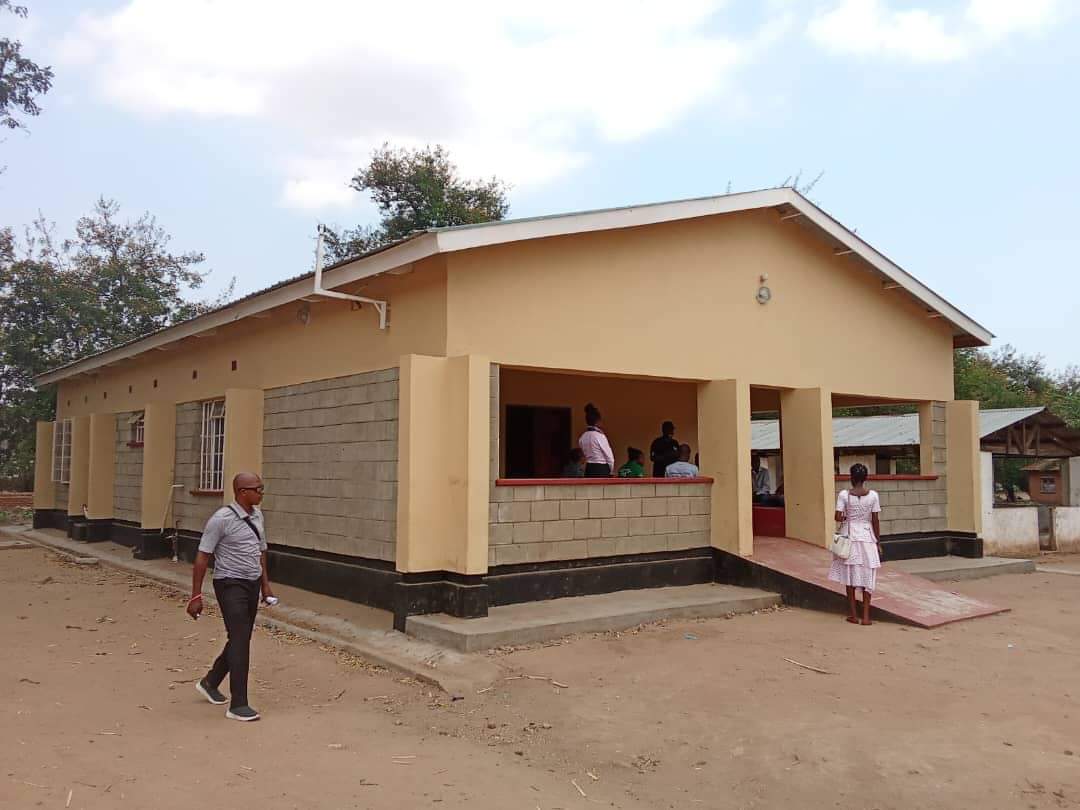By Burnett Munthali
When a student who has consistently struggled in class suddenly claims they will excel in upcoming examinations, it is often a clear sign that they are planning to resort to dishonest means to achieve success, rather than relying on their actual abilities. This behavior of boastfulness in the face of failure, paired with a history of poor performance, raises questions about the student’s genuine confidence and suggests an underlying plan to cheat.
Similarly, when a government, whose popularity has steadily declined—evident even to the most unobservant—boasts of its guaranteed victory in an upcoming election, it signals something more concerning. Such declarations, made amid mounting dissatisfaction and lack of public support, are not just baseless optimism but a clear indication of potential foul play, most likely aimed at manipulating the election process. The case of the Malawi Congress Party (MCP) is a prime example.
The slogan “Boma ndi lomweli” (the government is still the same) has been used repeatedly by the current government, often as a rallying cry during moments of failure or when their leadership is under scrutiny. While this phrase might have once represented an image of unity and continuity, its repeated use during a period of underperformance and waning public approval is now becoming a red flag. When a party that is increasingly losing favor among the populace continues to cling to such slogans, it suggests an attempt to create the illusion of widespread support, an illusion that will likely play a central role in efforts to rig the upcoming elections.
The recent developments at the National Food Reserve Agency (NFRA) warehouse in Malawi, specifically on Wednesday, 11 December, where the National Registration Bureau (NRB) allegedly planted a secret camp, is a worrying indication of just how far the ruling party might be willing to go to secure a victory. The exposure of this hidden operation only strengthens the belief that the MCP, feeling the pressure of declining public trust, may indeed be plotting to manipulate the electoral process in 2025.
Election rigging is not just about ensuring a particular candidate wins but about undermining the legitimacy of the democratic process itself. When a government resorts to such tactics, it shows a deep level of desperation, choosing deceit over honest engagement with the electorate. It reveals that they are not only out of touch with the needs of the people but are also willing to compromise the integrity of the nation’s democratic system.
For Malawi, the danger lies not only in the immediate effects of election manipulation but in the long-term erosion of trust in the electoral process. If citizens lose faith that their votes count and that elections are fair, the very foundation of democracy becomes unstable.
Ultimately, the situation reflects the broader problem of political leadership that relies more on manipulation and less on accountability, a dangerous trend for any democracy. The unfolding events surrounding the NFRA warehouse and the MCP’s continuing boast of victory despite growing discontent serve as a chilling reminder of the lengths to which governments in power might go to retain control. It is up to the people and the institutions responsible for safeguarding democracy to remain vigilant and ensure that any attempts to undermine the will of the voters are exposed and halted.




